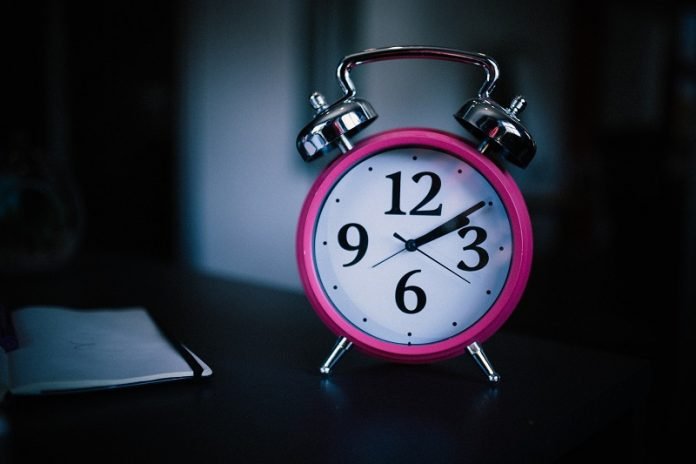
Clinical and Experimental Research suggests that an online treatment for insomnia could potentially improve both sleep quality and patterns of heavy drinking among individuals who consume alcohol heavily.
This innovative research found that individuals who received web-based cognitive behavioral therapy specifically designed to address insomnia demonstrated greater improvements in their sleep and drinking behaviors compared to those who were provided with online educational resources aimed at improving sleep.
Key Findings:
This study marks the first of its kind to indicate that cognitive behavioral therapy for insomnia, delivered online, can lead to significant reductions in alcohol consumption among individuals with heavy drinking habits.
The results underscore the potential benefits of self-administered online health interventions in breaking down barriers to treatment for individuals at high risk, particularly those struggling with both insomnia and alcohol misuse.
The study involved two groups of heavy drinkers experiencing insomnia. One group was given access to a validated, interactive online cognitive behavioral therapy program, while the control group had unlimited access to online educational resources to address their insomnia concerns.
Both groups experienced improvements in both sleep quality and drinking behaviors. However, the group that utilized the digital cognitive behavioral intervention, known as SHUTi, demonstrated more substantial improvements.
Key Outcomes:
After participating in the nine-week digital cognitive behavioral program, individuals in this group exhibited a more significant decrease in measures of alcohol consumption over time compared to the control group.
SHUTi users reported significantly reduced insomnia severity and improved sleep quality when compared to participants in the control group. These improvements were maintained even at the six-month follow-up.
The study highlights that SHUTi, an entirely online and automated cognitive behavioral therapy program for insomnia, is the first of its kind to demonstrate a positive impact on reducing alcohol consumption in individuals with hazardous drinking habits and insomnia.
This approach has the potential to increase access to treatment for those with alcohol use disorder, especially for individuals who may avoid traditional treatment due to factors like stigma or transportation challenges.
Notably, women, who often seek treatment for alcohol-related issues in different settings, and have a strong association between poor sleep quality and alcohol-related problems, may particularly benefit from this approach.
About SHUTi: SHUTi is a user-friendly online program that provides individualized feedback based on participants’ sleep data and self-reported information. It consists of interactive modules rooted in cognitive behavioral therapy principles for insomnia.
The research was conducted from September 2020 to September 2021 and involved 71 participants aged 21 to 50. All participants were considered hazardous drinkers and experienced insomnia for at least three nights per week over the past three months.
If you care about sleep, please read studies about herb that could help you sleep well at night, and these drugs could lower severity of sleep apnea by one third.
For more information about sleep, please see recent studies that coffee boosts your physical activity, cuts sleep, affects heartbeat, and results showing how to deal with “COVID-somnia” and sleep well at night.
The research findings can be found in Alcohol: Clinical and Experimental Research.



